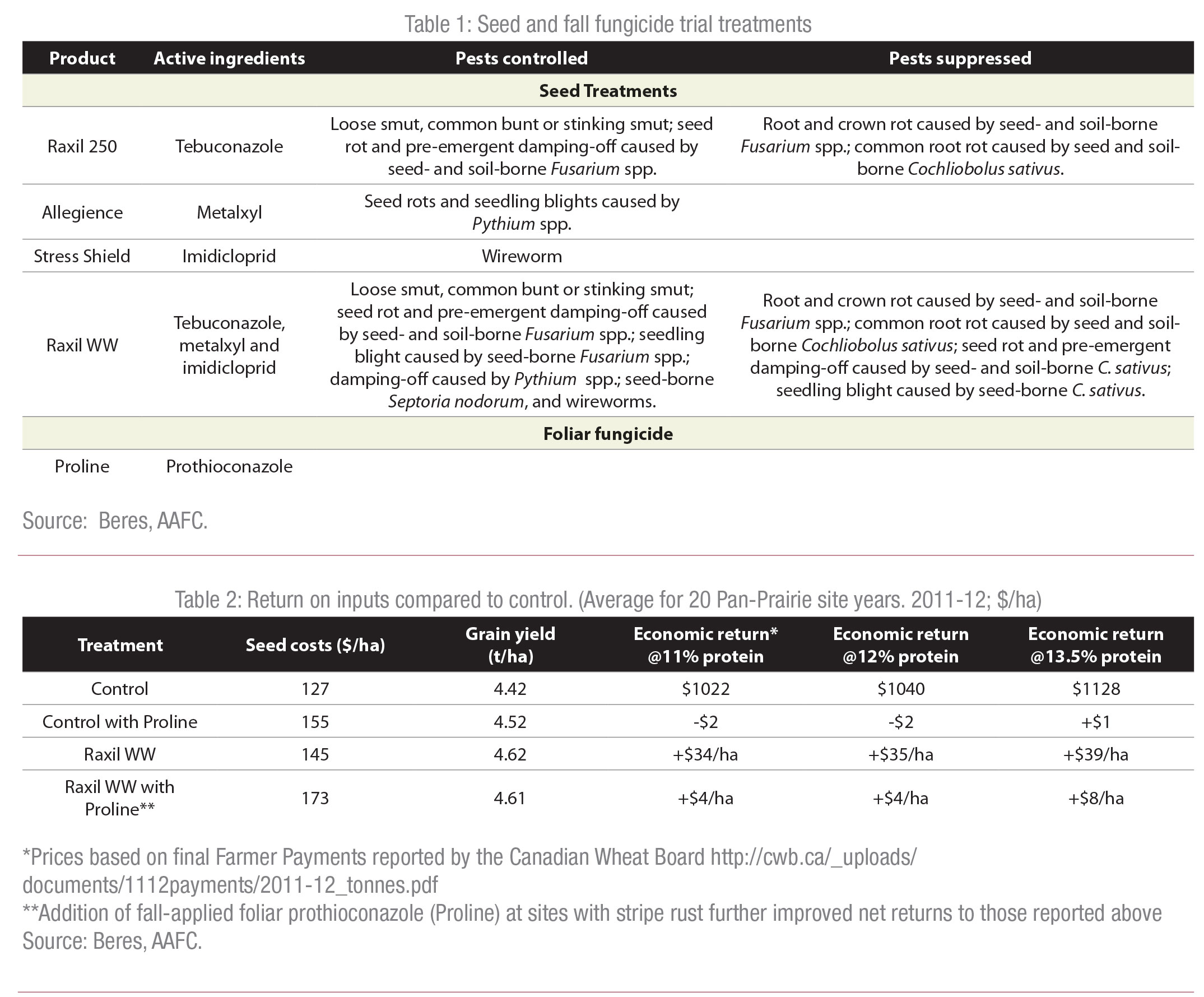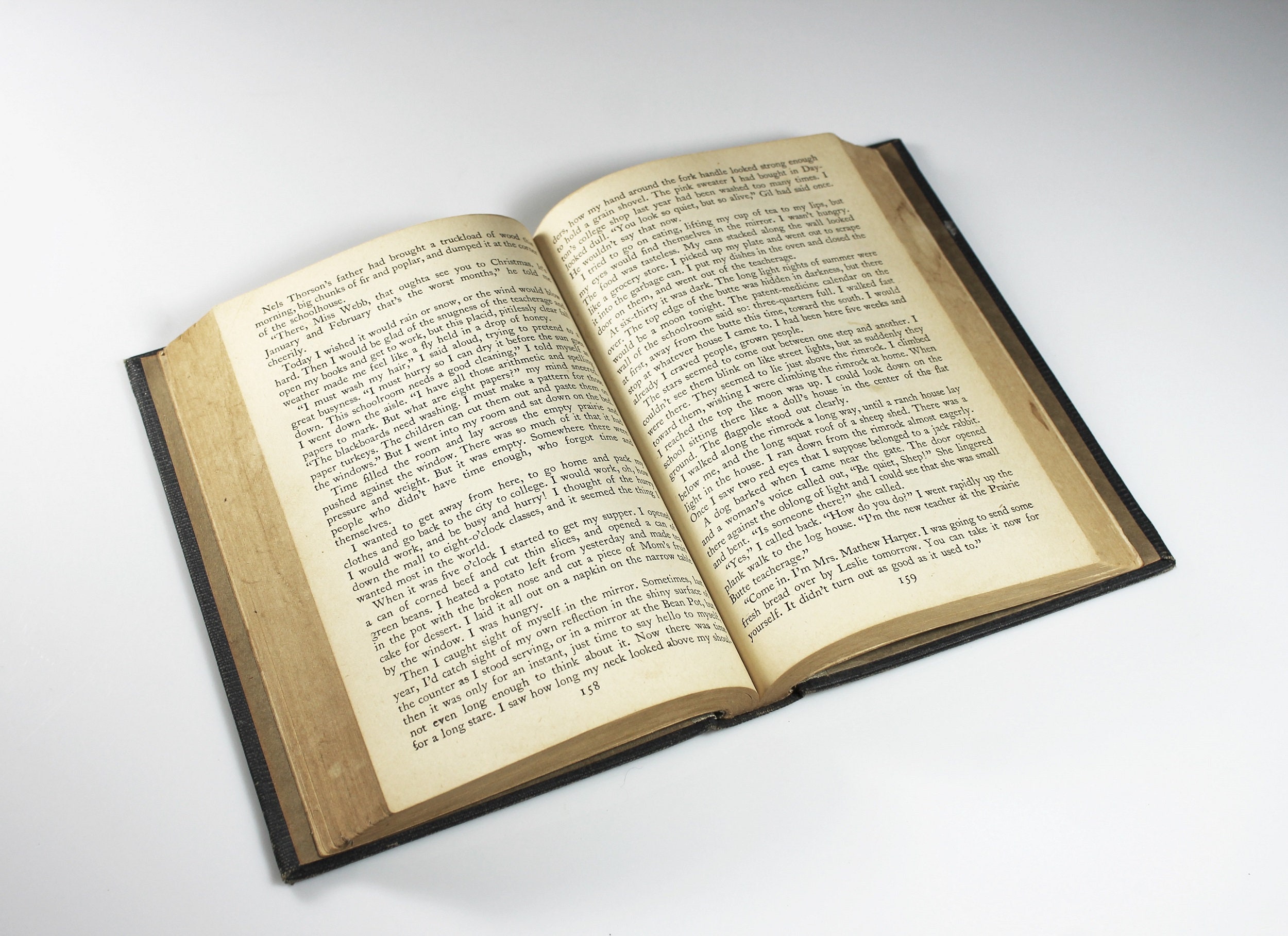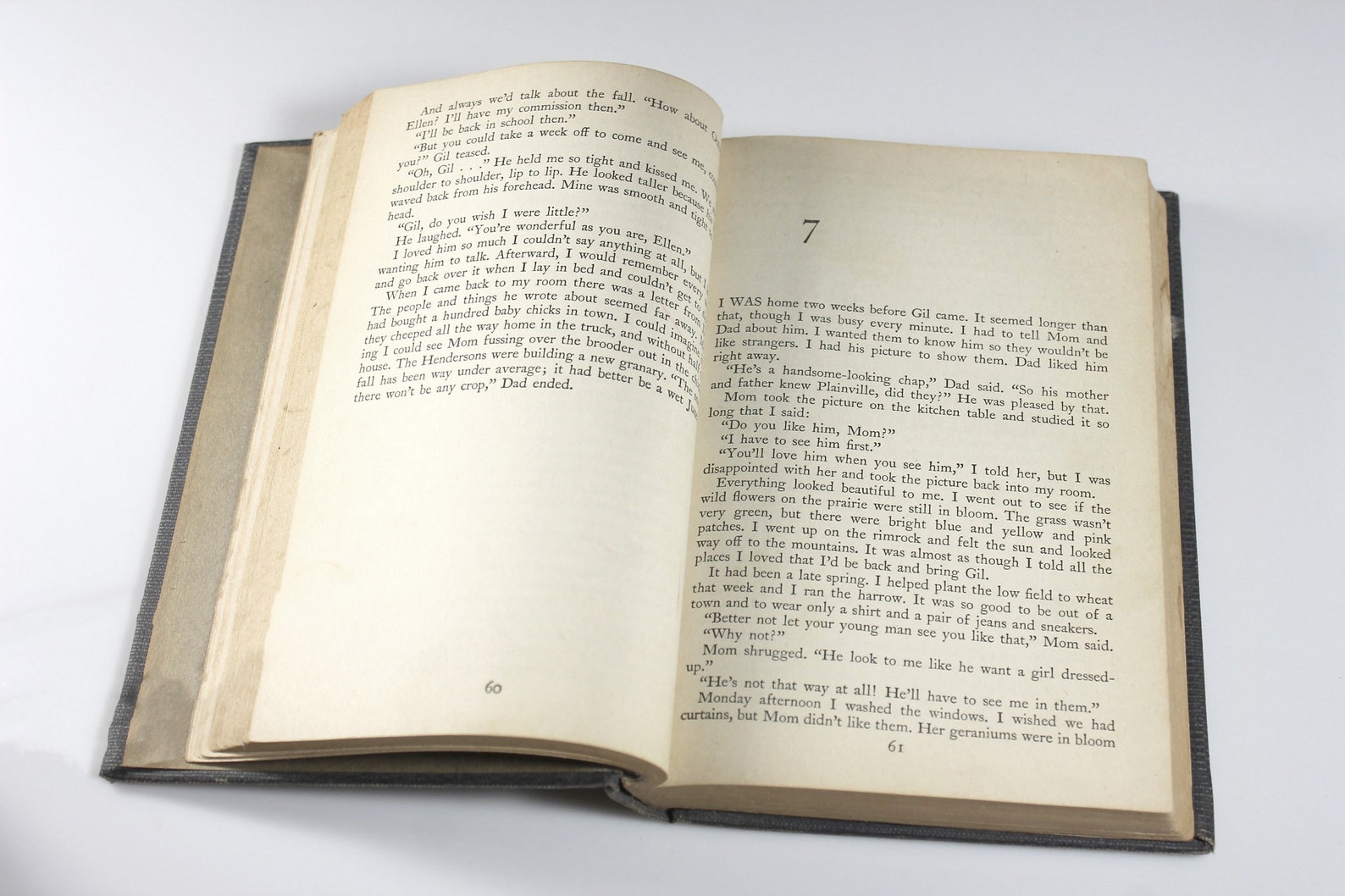
Historically, and regionally, a convincing panel in American life - time, just before the Second World War. Psychologically, an interesting study in personalities.

And Ellen accepted failure, sought self-sufficiency in a year teaching a prairie one-room school, and only when that, too, failed her, did she find again the soundness of her own foundations in her parents' bond of understanding that had buried a false start. Her mother - in his eyes - was a peasant her father - a failure - despite his Vermont background her very adequacies a barrier and the drea of hate engendered by loneliness was too much for him. It was not until he came West and she glimpsed her own world through his eyes, and sensed his fearful withdrawal, that she acknowledged defeat. She had her chance - went to Minneapolis to the University - and met Gil, and learned that his was a world apart from hers. On the rise and fall of the wheat market rested her future- education, chance to escape the world her mother, Russian born, loved - her father, even after years, rebelled against. With an arid dry-land wheat farm as both its geographic and metaphoric center, Winter Wheat tells the story of eighteen-year-old Ellen Webb.


In fact, though the reading of Winter Wheat can be infuriating because it continually dives deep into Ellen’s dark internal passage to adulthood, I think it’s very likely that the author meant it to be exactly that. Ellen's roots were deep in the Montana wheat country where she was raised. Not that it’s not well written it’s obvious that Mildred Walker (1905-1998) was a masterful writer. This has so much to recommend it that it may seem pettifogging to limit enthusiasm by acknowledging that it is unduly slow-paced, almost to the degree of laboring the point.


 0 kommentar(er)
0 kommentar(er)
